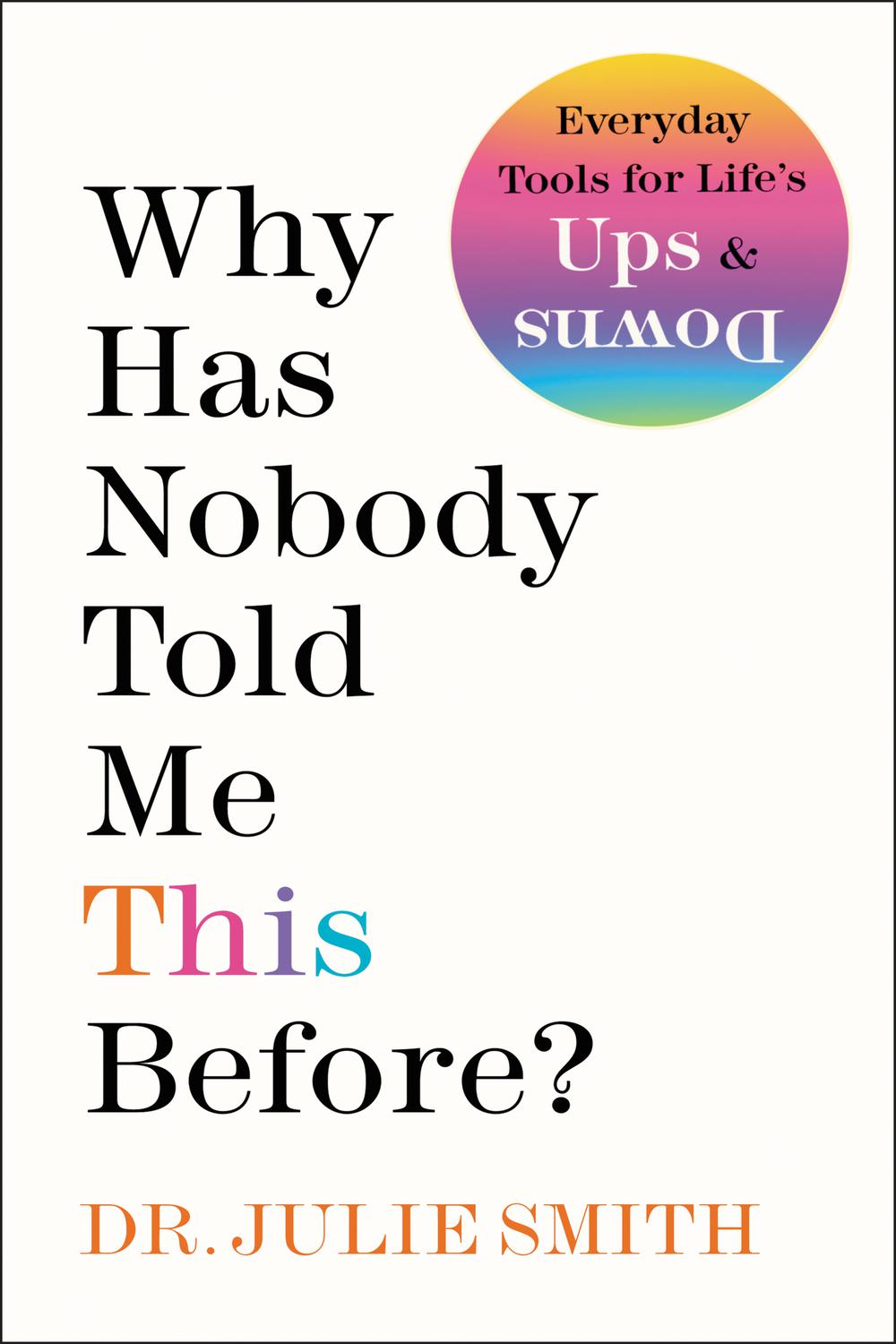Why Has Nobody Told Me This Before?

Genre: Self-Help
"Why Has Nobody Told Me This Before?", written by Dr. Julie Smith, is a mental health toolbox that can be used to navigate the ups and downs of life. Dr. Julie draws on her clinical experiences, evidence-based research, and some of her own experiences to explain how you can influence and nurture good mental health.
This book is divided into eight different sections on mood, motivation, emotional pain, grief, self-doubt, fear, stress, and meaningful life. Each section consists of digestible nuggets of information for readers, chunked into short chapters with a summary at the end. There is no particular order to this book, so you can start with any section that resonates with you or that you want to learn more about. As it is meant to be a toolbox, several tools are available throughout the book that invokes reflection and introspection, which is very helpful.
The following are the most impactful things I have gotten out of this book:
Thoughts are not facts. They are suggestions offered up to us by the brain to help us make sense of the world.
Emotions are not facts but are one possible perspective You are not your feelings, and your feelings are not who you are.
The breakdown and explanation of how our brain works have broadened my understanding of my thoughts and emotions. I feel that I am more able to see my thoughts and emotions as experiences at a point in time rather than my entire self. As suggested in the book, I think I have been able to be more of an observer of my thoughts and emotions and have been able to sit with them, reflect on them, and get over them more easily.
Courage comes before confidence.
I think this may have been my mantra as I prepared for my presentation at a national conference. It helped me give myself a pat on the back because what I was doing was out of my comfort zone, and it did take a lot of courage. Simply remembering this mantra gave me so much self-acceptance and self-compassion, even when I did not feel fully confident.
Your brain learns like a scientist. Each time it has an experience, positive or negative, it clocks that as evidence for its beliefs. If you avoid the thing you fear, you never give yourself the chance to build up evidence in your mind that you can get through it and survive. Just telling your brain that something is safe is not enough. You must experience it. Your brain will take some convincing, so you need to repeat that behavior over and over. As many times as it takes. The things you do most of the time become your comfort zone. So, if you want to feel less anxious about something, do it as openly as you can. Use the skills to help you sit with the anxiety and it will reduce over time.
In addition to the mantra “Courage comes before confidence’, this explanation of how our brain works did give me so many perspectives on my fear of public speaking and rationale on why I should keep trying to get out of my comfort zone if I would like to getter better at it.
Looking back at this book retrospectively, I realized that I gained a lot more insights than I had anticipated. Although several other things have impacted me, I will let you all explore this book for yourself and develop your own opinions about it.
This book does reiterate several things that are common in every other self-help book, such as practicing gratitude, forming habits, mindfulness, recognizing your values, etc. You may find these topics repeated throughout the book. Although these were not entirely new concepts for me, I still found a lot of value in the repetition because it served as a reminder for me to continue practicing them. The evidence-based citations further solidified that these are proven methods and are beneficial for me (and everyone) to pursue these practices for better mental health.